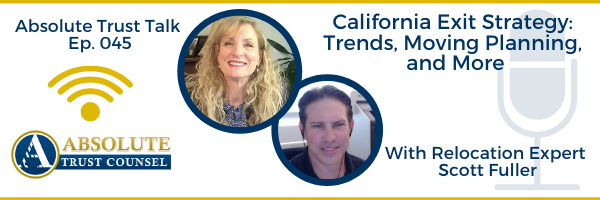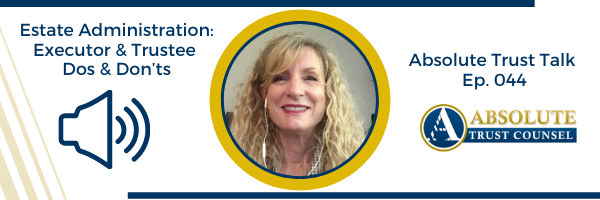Big Three from Episode #054: Many laws and regulations are governing reverse mortgages that protect consumers and ensure transparency. Reverse mortgages are a useful tool to help solve a variety of financial problems like enabling seniors to remain in their homes, pay for in-home care, and more. Take the time to educate yourself on reverse mortgages. It is worth it…





